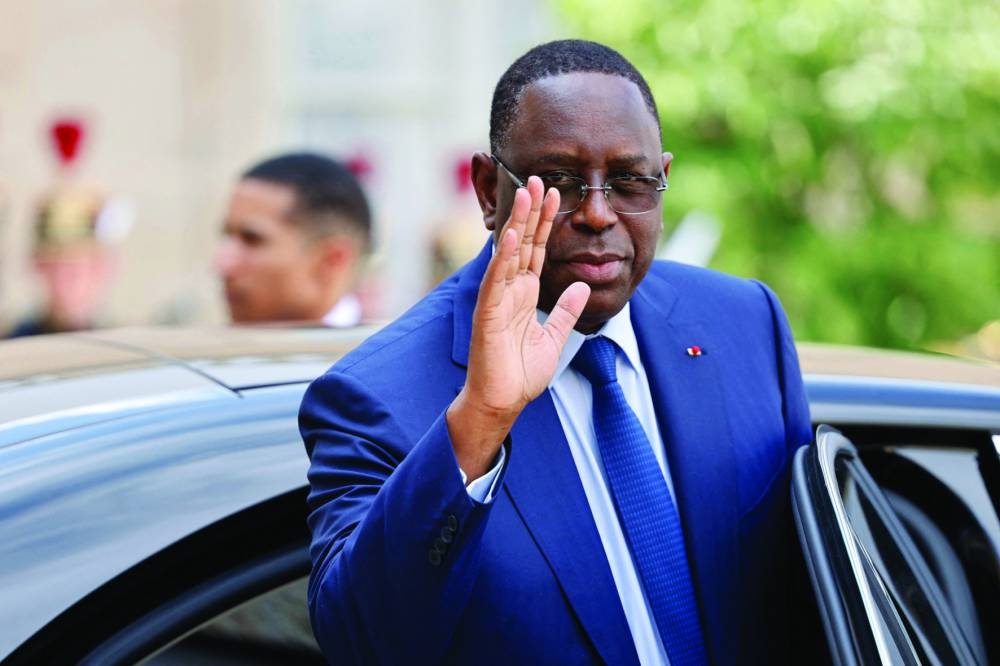President Macky Sall has postponed Senegal’s planned February 25 presidential election, announcing in a televised address to the nation that he had cancelled the relevant electoral law due to electoral disputes he warned could fuel unrest.
With little more than three weeks to go before the vote, the unprecedented step of delaying the poll, to an unspecified date, pitches Senegal into uncharted constitutional waters that some opposition and civil society groups warn could destabilise the country.
In an address to the nation, Sall said he signed a decree abolishing a previous measure that set the date, because lawmakers were investigating two Constitutional Council judges whose integrity in the election process has been questioned.
“I will begin an open national dialogue to bring together the conditions for a free, transparent and inclusive election,” Sall added, without giving a new date.
“These troubled conditions could seriously undermine the credibility of the ballot by sowing the seeds of pre- and post-electoral disputes,” Sall said in his address.
He did not set a new date for the vote, but said there would be a national dialogue to ensure the election would be free, fair and transparent.
He said the postponement would not affect his decision not to run for a third term – an issue that has helped fuel recurrent and sometimes deadly protests in what is normally one of West Africa’s most stable democracies.
The capital Dakar appeared calm after Sall’s announcement with no immediate sign of people taking to the streets in protest.
What happens next is unclear. Senegal has never delayed a presidential vote.
Its four largely peaceful transitions of power through the ballot box since independence from France in 1960 have built up its reputation for stability.
Earlier yesterday the coalition of opposition candidate Khalifa Sall warned that delaying the vote would undermine the legitimacy of the election and amount to an “institutional coup d’etat”.
The opposition Senegalese Democratic Party (PDS), whose candidate Karim Wade was among those excluded from running, had formally requested a postponement on Friday.
The excluded candidates, who include opposition firebrand Ousmane Sonko, say the rules for candidacy were not applied fairly. The authorities deny this.
There was no immediate response to Sall’s decision from Sonko’s now-dissolved PASTEF party, whose supporters have regularly taken to the streets in recent years to protest alleged attempts by the authorities to sideline the opposition. The presidency and government deny this.
“Now that (the postponement) has been confirmed, this will likely relapse the country into a political uncertainty and revive civil unrest threats,” said West Africa political analyst Wendyam Herve Lankoande.
The influential League of Imams and Preachers of Senegal also warned that postponing the vote would be “fraught with risks”.
“As Senegal is stable in all respects and on track for elections, the wisest decision for the head of state would be to do everything possible to ensure that free and transparent elections are held,” it said.
Senegalese voters are due to choose a successor to President Sall.
For the first time in Senegal’s history, the incumbent is not on the ballot.
His handpicked successor, Prime Minister Amadou Ba, is among 20 candidates cleared to run.

President Macky Sall
